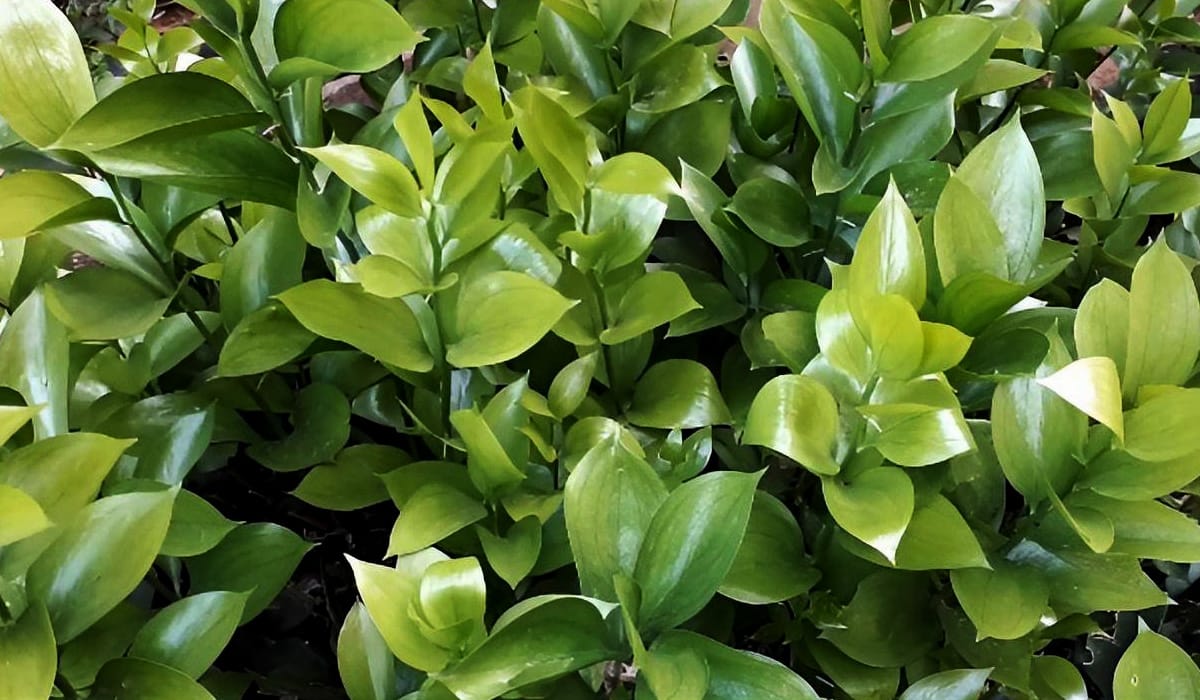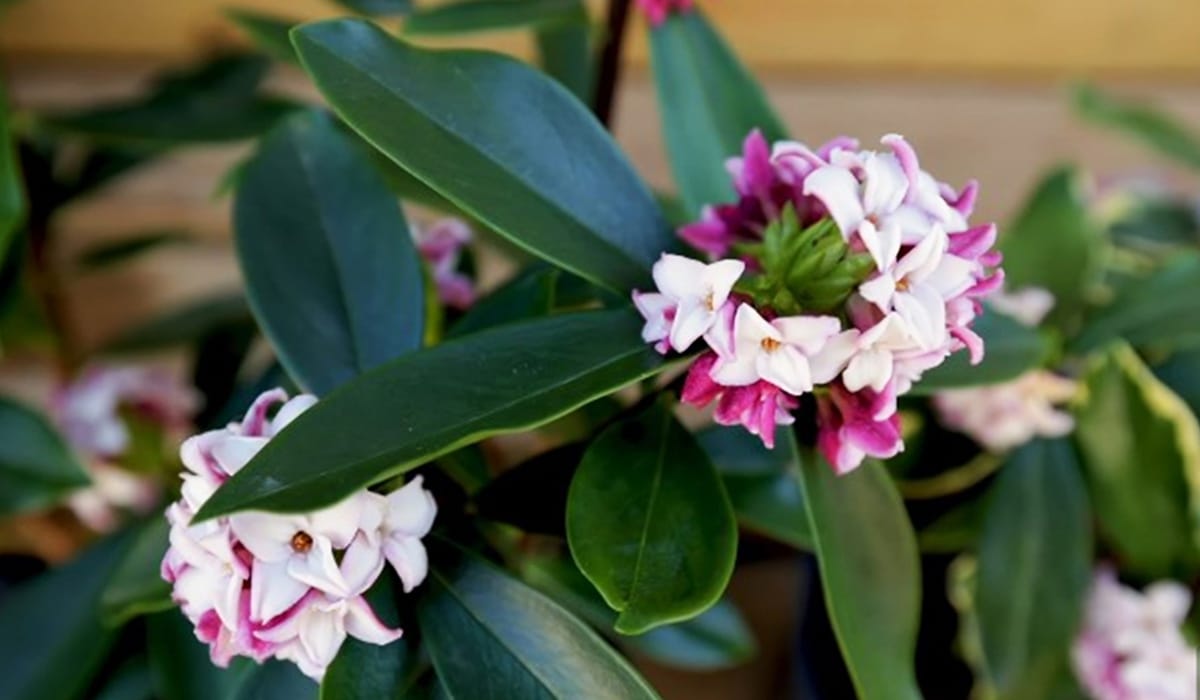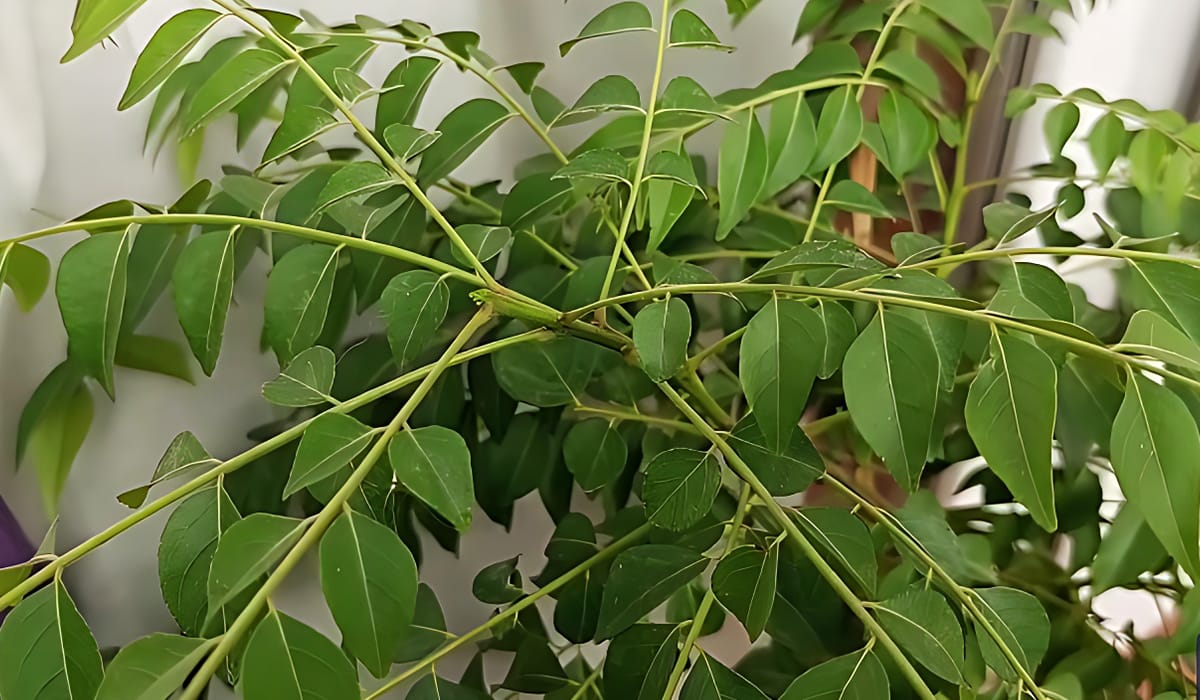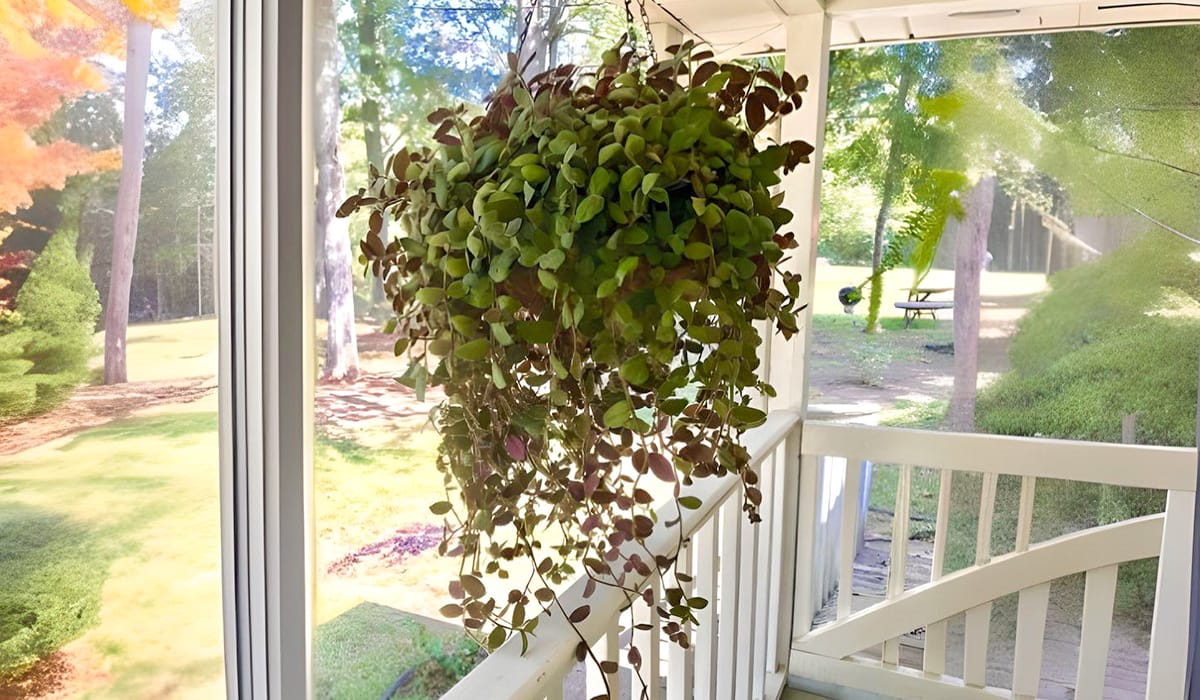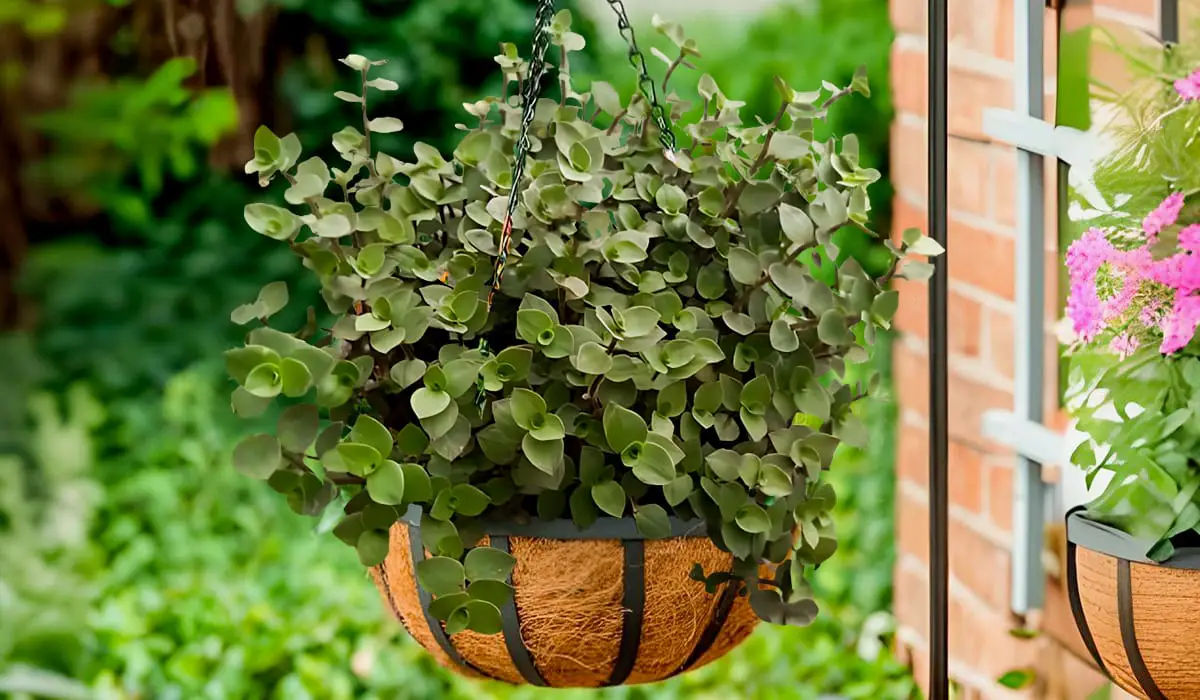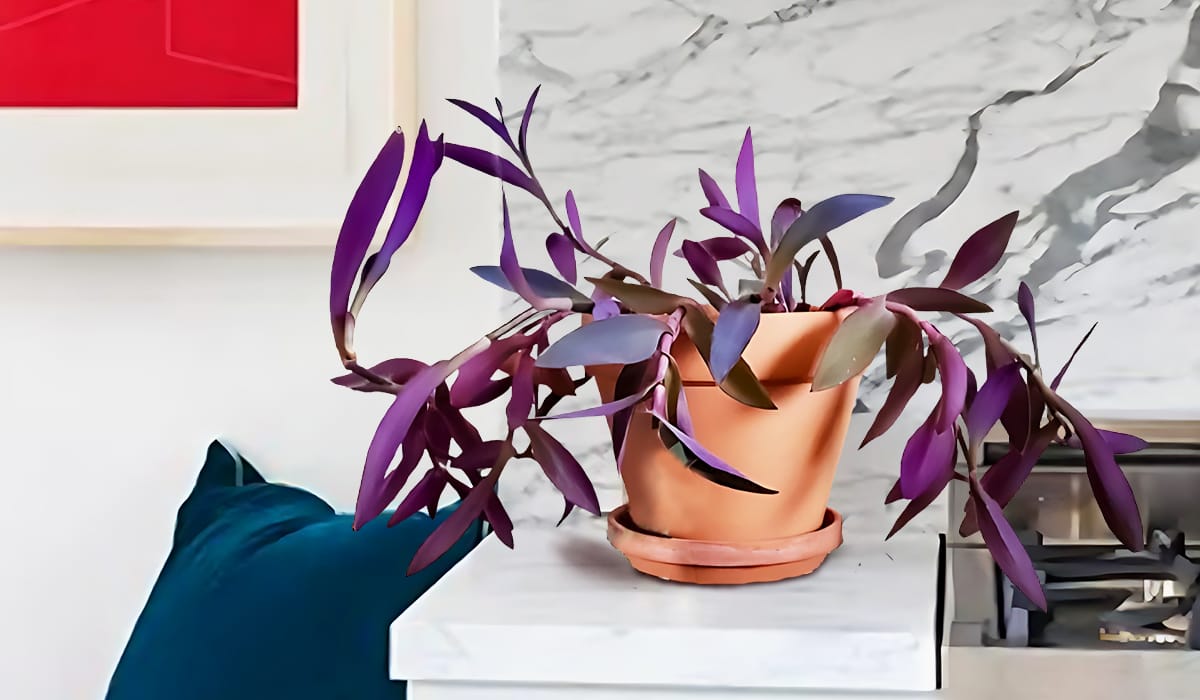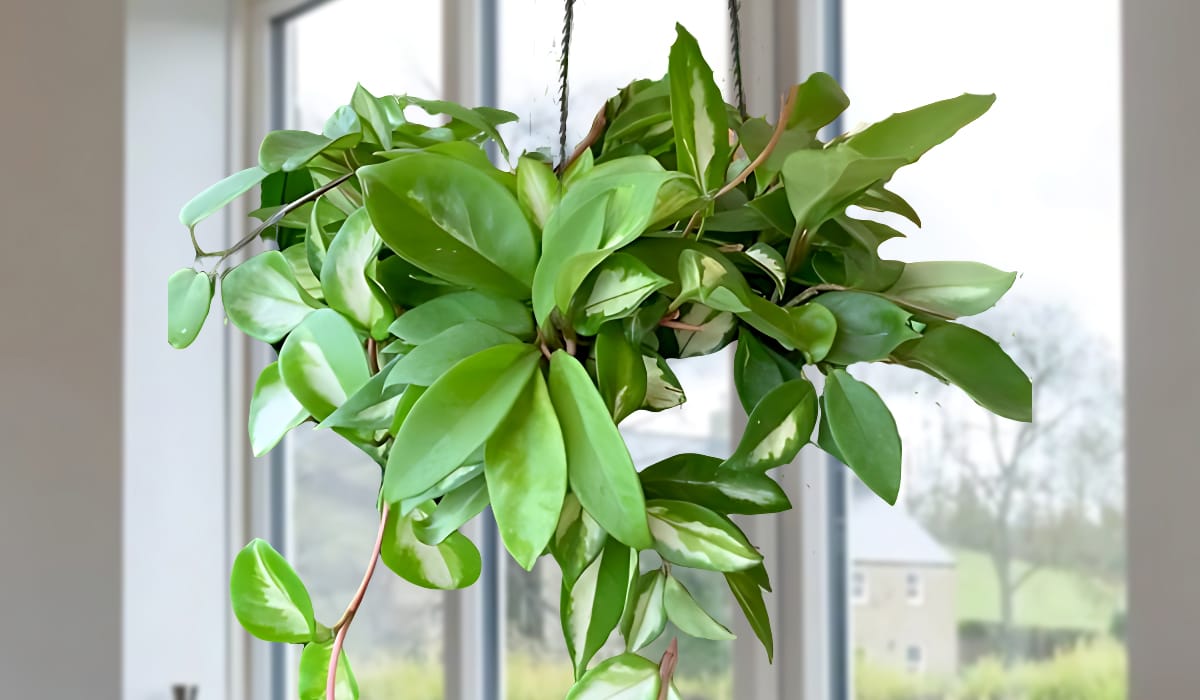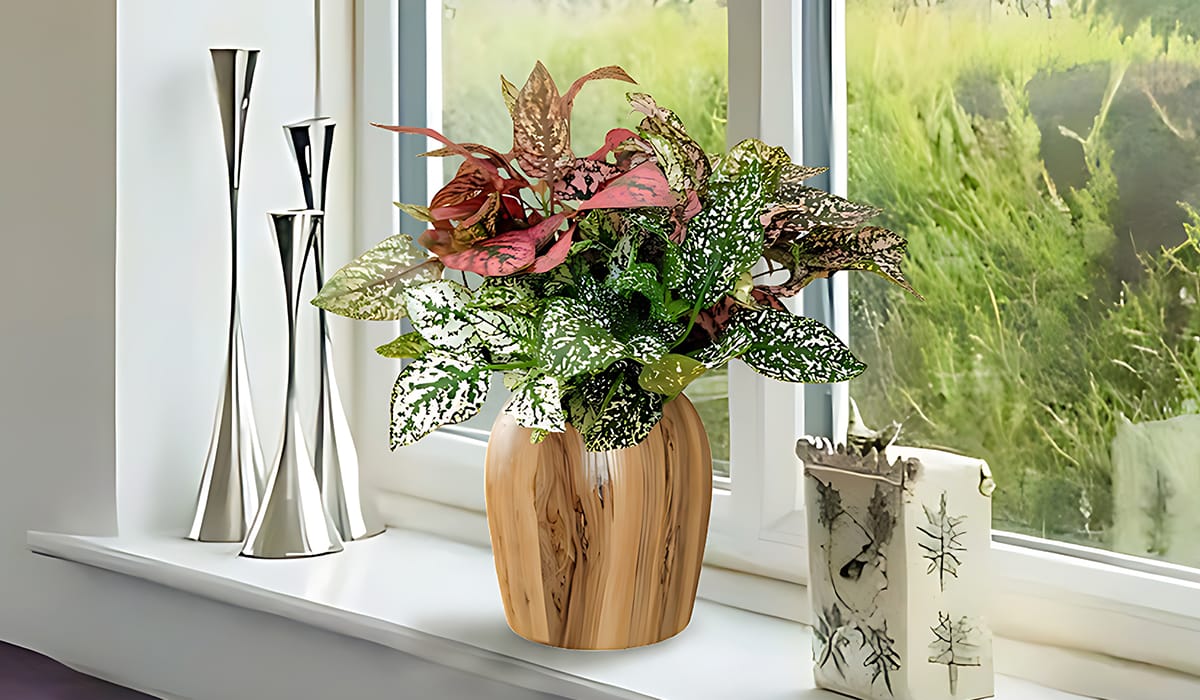Houseplants have become a popular addition to many homes, not only for their aesthetic appeal but also for their air-purifying qualities. Among these green companions, spider plants (Chlorophytum comosum) are a common choice due to their low maintenance and elegant appearance. However, if you're a cat owner, you may have heard concerns about the potential toxicity of spider plants to feline friends. In this article, we will delve into the question, "Are spider plants poisonous to cats?" and provide you with valuable information to ensure the safety and well-being of your beloved pets.
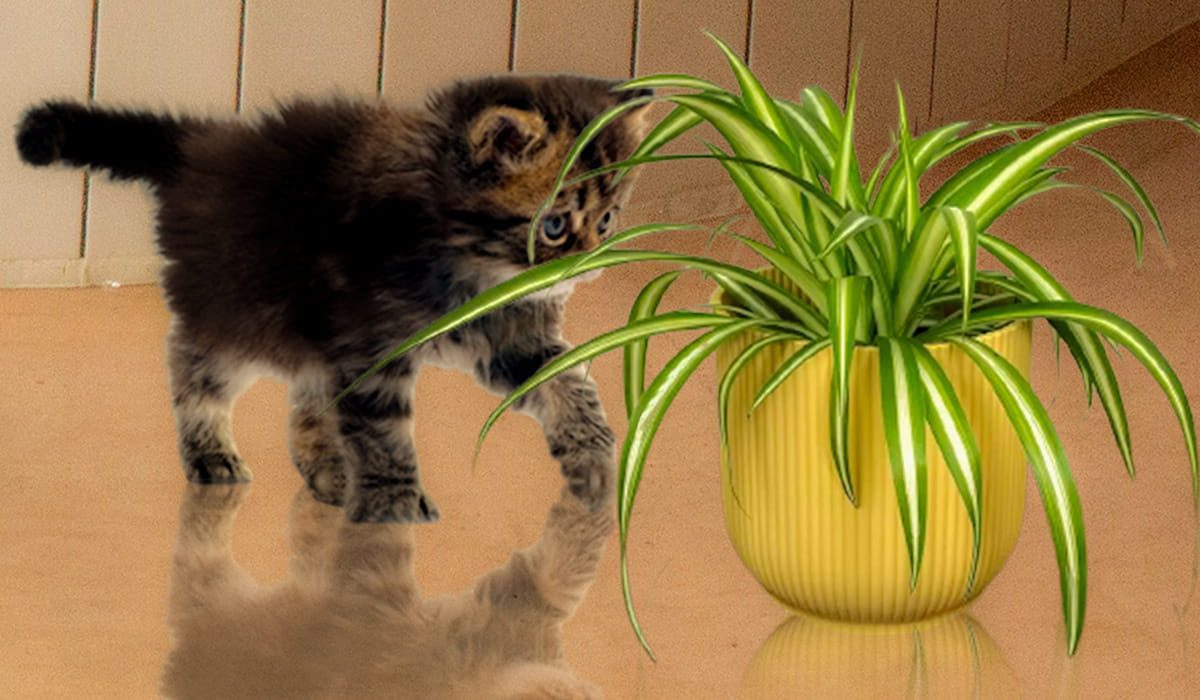
Understanding Spider Plants:
Spider plants, also known as airplane plants or ribbon plants, are native to South Africa and have found their way into homes worldwide for their striking green and white striped leaves. They are appreciated for their ability to thrive in various indoor conditions, making them a favorite among novice and experienced plant enthusiasts alike. But when it comes to the safety of your cats, it's essential to understand the potential risks associated with these plants.
Are Spider Plants Poisonous to Cats?
Spider plants are not considered highly toxic to cats. They are listed as non-toxic by the American Society for the Prevention of Cruelty to Animals (ASPCA). However, there is a caveat to this reassuring statement.
Spider plants contain chemical compounds known as saponins, which are naturally occurring detergents found in various plant species. While saponins themselves are not typically considered highly toxic to cats, they can cause mild gastrointestinal upset if ingested in large quantities. This may result in symptoms such as drooling, vomiting, or diarrhea in your feline companion.
Fortunately, saponins are generally poorly absorbed by the digestive system, and the symptoms they produce are usually mild and self-limiting. Most cats lose interest in spider plants after a taste or two, finding the taste and texture unappealing. However, there are exceptions, and some cats may be more curious or persistent in their exploration of houseplants.
Preventing Cat-Plant Interactions:
While spider plants are not highly toxic to cats, it's still essential to take precautions to prevent any potential issues. Here are some steps you can take:
Place Plants Out of Reach: Position your spider plants in areas that are inaccessible to your cats. Hanging baskets or placing them on high shelves can discourage feline curiosity.
Use Deterrents: You can apply pet-safe deterrents to the plant's leaves or the surrounding area to discourage your cat from approaching the plant.
Provide Alternatives: To divert your cat's attention away from your spider plants, offer them cat grass or other safe indoor plants specifically meant for feline consumption.
Supervise Interactions: Keep a watchful eye on your cats when they are near your plants, especially if you're unsure how they will react.
wrapping up
In conclusion, spider plants are not highly poisonous to cats. While they contain saponins that can cause mild gastrointestinal upset if ingested in large amounts, most cats are deterred by the plant's taste and texture. Nonetheless, it's essential to take precautions to ensure your cat's safety by placing spider plants out of reach and providing alternative sources of entertainment.
For more detailed information on Spider Plant care,
check out our article: Spider Plants – How To Plant, Grow, And Care Easy In House
Don't stop here! Consider expanding your indoor plant collection with other easy-to-care-for plants like the ZZ Plant, Snake Plant, Spider Plants, and Chinese Evergreen Plant. Each of these plants offers its unique charm and benefits.
Thanks for reading this article. if you have any questions must comment and contact our team. don't forget to share this article with your friends.

